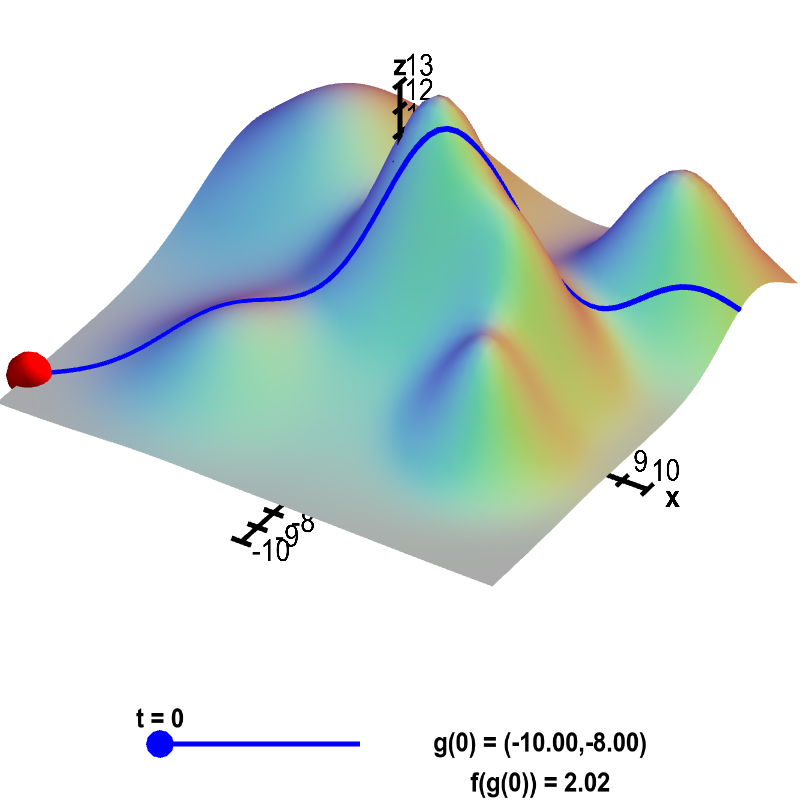
Understanding population health has never been more vital for nurses looking to create meaningful change in their communities. Earning masters in nursing degree through The University of North Texas Health Science Center at Fort Worth can be a pivotal step in building the knowledge and skills needed to address the unique health needs and challenges faced by large groups. Curious about how advancing your nursing education strengthens your grasp on population health? This article will walk you through the benefits and open new perspectives for your career.
The Expanding Role of Nurses in Population Health
Healthcare is not limited to treating illnesses as they arise. Increasingly, success is measured by prevention, early detection, and the ability to improve health outcomes for whole communities. Nurses with advanced degrees are well-positioned to lead these efforts.
A master’s in nursing equips you with a deeper understanding of the factors influencing community well-being, such as access to care, health literacy, disease patterns, and local health behaviors. Being able to analyze patterns and trends allows you to identify at-risk groups, anticipate potential outbreaks, and implement educational programs tailored to real community needs.
Key Skills You’ll Build in an MSN Program
At The University of North Texas Health Science Center at Fort Worth, an MSN curriculum extends your clinical foundation while exploring population-based care. Here’s how students enhance their expertise:
Advanced Assessment and Data Analysis
Courses focus on advanced health assessment and using data to drive decisions. Nurses build the ability to interpret public health records, patient surveys, and screening data. This enables them to see bigger pictures beyond individual patient care, identifying barriers and opportunities that would otherwise be missed.
Leadership for Community Impact
Effective population health strategies require leadership. MSN programs include health policy and advocacy, helping nurses learn how to develop community partnerships, lead preventive programs, and shape policies that improve overall wellness. Whether focusing on chronic disease management or immunization outreach, the skills learned help nurses guide health initiatives with confidence.
Collaboration with Multidisciplinary Teams
Addressing population health means working together. Advanced nursing degrees emphasize collaboration—with physicians, social workers, school leaders, and others. Students learn to communicate complex information in clear, actionable ways that empower groups to work toward common goals.
How Graduate Study Develops Critical Perspective
Real-world learning is central to The University of North Texas Health Science Center at Fort Worth’s MSN experience. Many courses use case studies based on current health trends, encouraging students to think critically about how they would respond to real events. From unraveling the spread of infectious diseases to improving vaccination rates, graduates leave the program ready to look at health on a broader scale.
Opening Doors to New Career Paths
Pursuing a master’s in nursing does more than deepen your population health knowledge. It can open doors to new roles, including positions as public health nurse leaders, health educators, or clinical researchers. Employers value these advanced qualifications and the ability to bring evidence-based thinking to large-group health improvement efforts.
Take Your Place at the Forefront of Community Well-being
Developing expertise in population health through an MSN program at The University of North Texas Health Science Center at Fort Worth means becoming a change-maker in modern healthcare. You’ll bring a thoughtful, big-picture view to your practice, positively impacting entire communities over the course of your career. For nurses who see themselves as advocates and leaders, this degree is the bridge between skilled clinical work and creating lasting health improvements for thousands.

